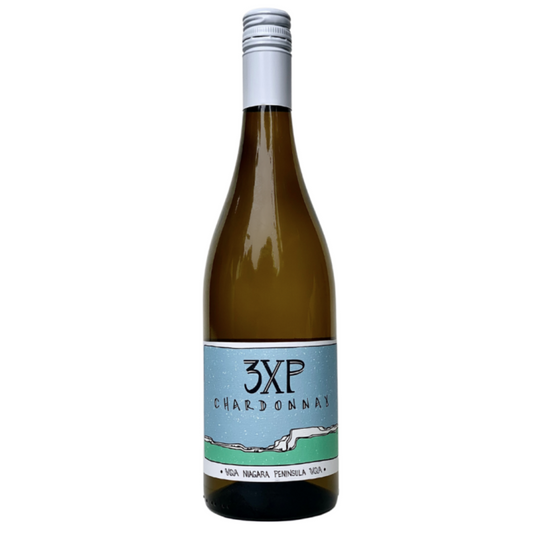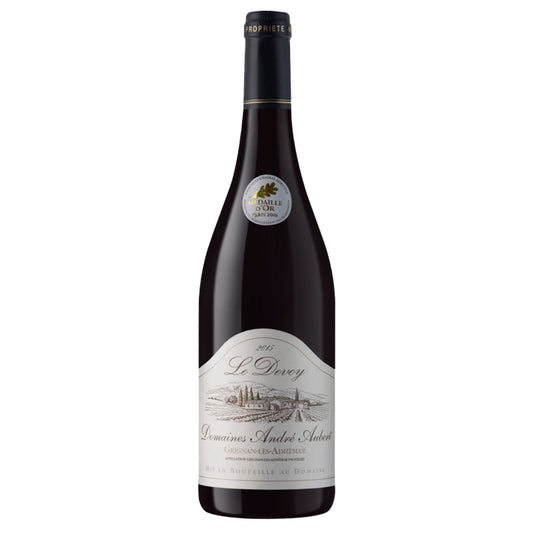-
Château Haut Grelot Sauvignon Blanc Côtes de Blaye 2021
Regular price $26.95 CADRegular priceUnit price per -
Domaine de Mauperthuis Saint Bris Sauvignon Blanc 2020
Regular price $35.95 CADRegular priceUnit price per -
Leaning Post Rosé VQA Niagara Peninsula 2020
Regular price $24.95 CADRegular priceUnit price per -
Keint-He Portage Pinot Noir Rosé VQA Prince Edward County 2019
Regular price $31.95 CADRegular priceUnit price per -
3XP Biodynamic Chardonnay VQA Niagara Peninsula 2017
Regular price $30.95 CADRegular priceUnit price per -
Domaine de Mauperthuis Goutte de Lune Chablis 2020
Regular price $54.95 CADRegular priceUnit price per -
Domaine Baud Blanc de Blanc Crémant du Jura Brut NV
Regular price $34.95 CADRegular priceUnit price per -
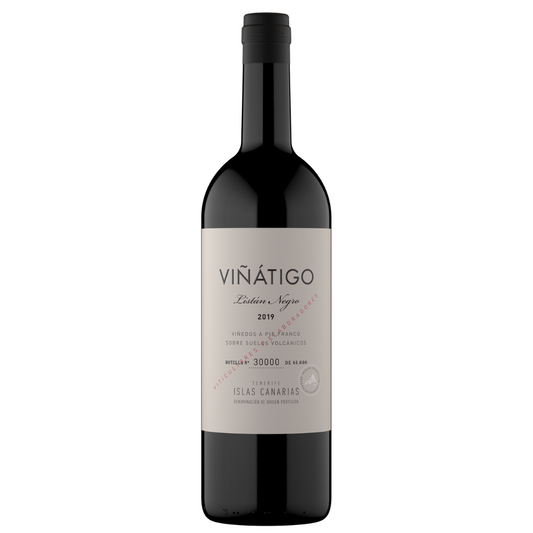 Sold out
Sold outViñátigo Listán Negro 2019
Regular price $44.95 CADRegular priceUnit price per -
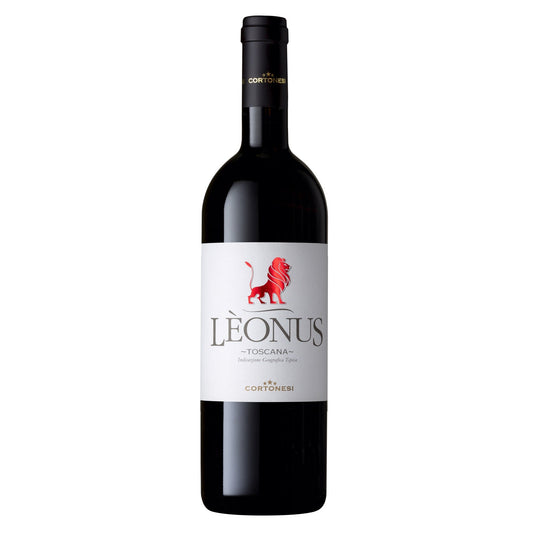 Sold out
Sold outCortonesi Lèonus IGT Toscana 2020
Regular price $32.95 CADRegular priceUnit price per -
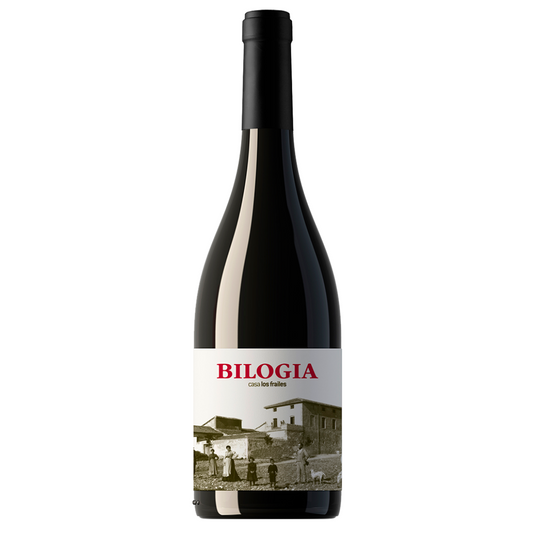 Sold out
Sold outCasa Los Frailes Bilogia 2018
Regular price $30.95 CADRegular priceUnit price per -
André Aubert Le Devoy Grignan-les-Adhémar 2019
Regular price $26.95 CADRegular priceUnit price per -
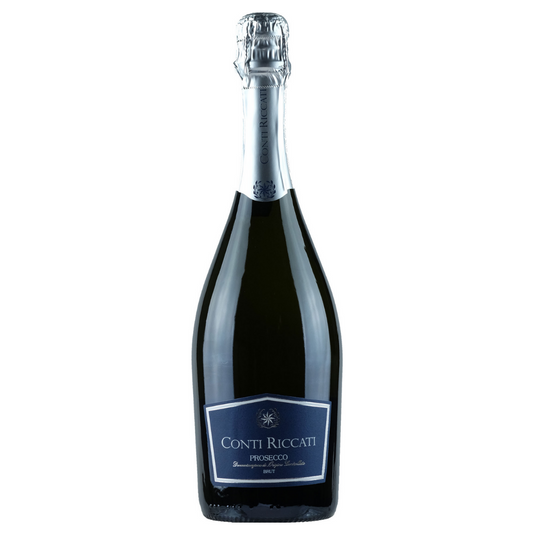 Sold out
Sold outConti Riccati Prosecco DOC
Regular price $26.95 CADRegular priceUnit price per -
Pearce Predhomme Chenin Blanc 2020
Regular price $29.95 CADRegular priceUnit price per -
Château Combel-la-Serre Cahors le Pur Fruit du Causse 2020
Regular price $31.95 CADRegular priceUnit price per




